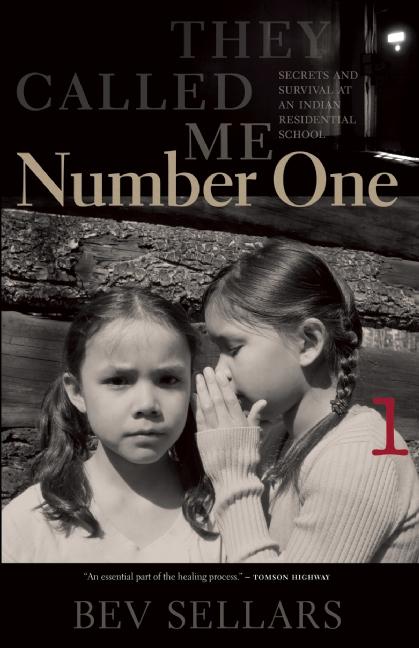

Sellars has spoken out on racism and residential schools and on the environmental and social threats of mineral resources exploitation in her region. Sellars served as the representative for the Secwepemc communities on the Cariboo Chilcotin Justice Inquiry in the early 1990s. She also worked as a community advisor for the BC Treaty Commission. First elected chief of Xat’sull in 1987, a position she held from 1987-1993 and then from 2009-2015. Bev Sellarsīev Sellars is a former Chief and Councillor of the Xat’sull (Soda Creek) First Nation in Williams Lake, British Columbia. Number One comes at a time of recognition-by governments and society at large-that only through knowing the truth about these past injustices can we begin to redress them. Joseph's Mission, Sellars breaks her silence about the residential school's lasting effects on her and her family-from substance abuse to suicide attempts-and eloquently articulates her own path to healing. In this frank and poignant memoir of her years at St. Perhaps the most symbolically potent strategy used to alienate residential school children was addressing them by assigned numbers only-not by the names with which they knew and understood themselves.

These institutions endeavored to "civilize" Native children through Christian teachings forced separation from family, language, and culture and strict discipline. Like thousands of Aboriginal children in Canada, and elsewhere in the colonized world, Xatsu'll chief Bev Sellars spent part of her childhood as a student in a church-run residential school. BC Book Prize, Non-Fiction, Bev Sellars, They Called Me Number One (Finalist)īurt Award for First Nations, Métis, and Inuit Literature: Bev Sellars, They Called Me Number One (Third Prize winner)


 0 kommentar(er)
0 kommentar(er)
